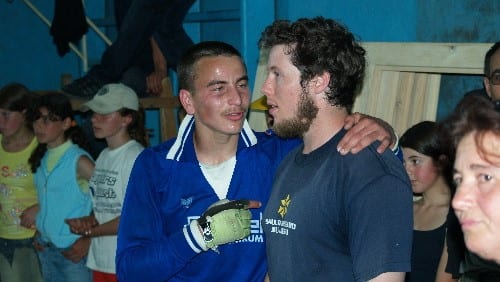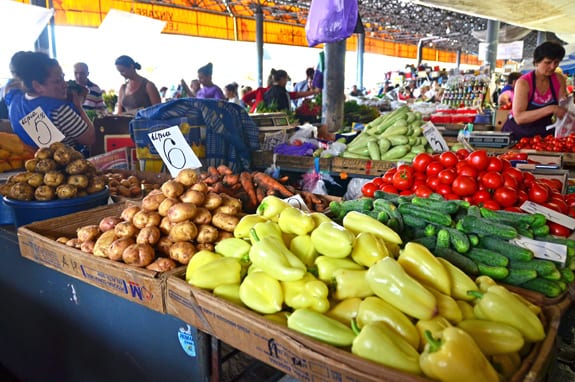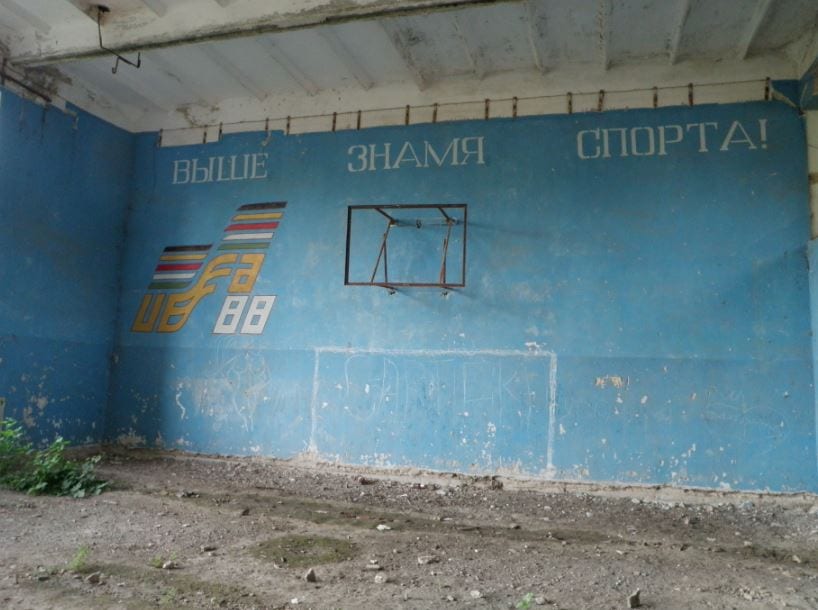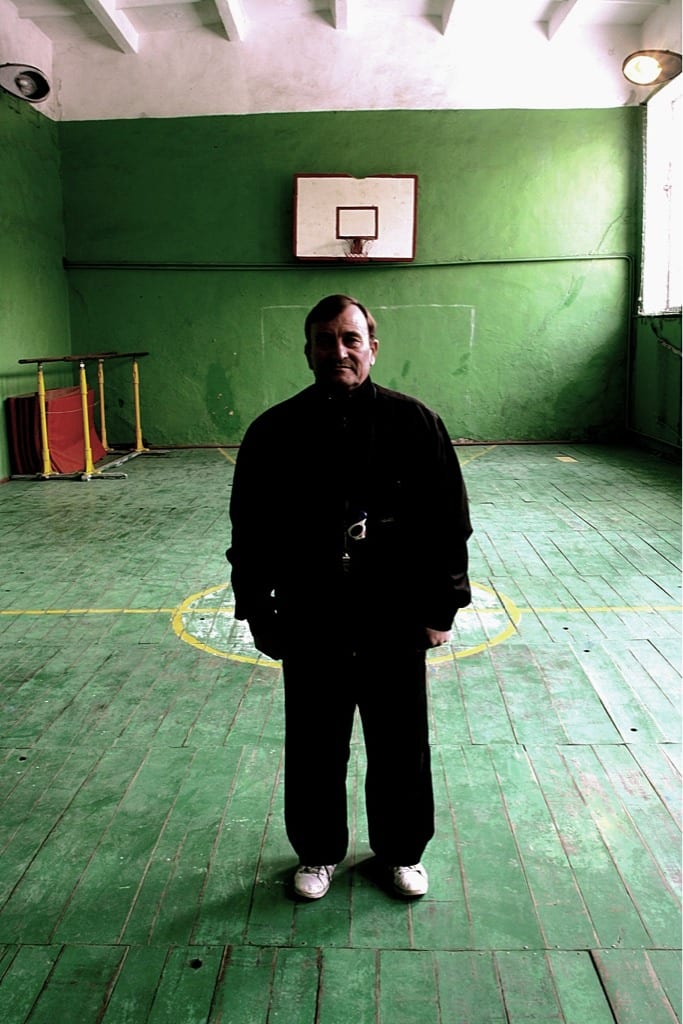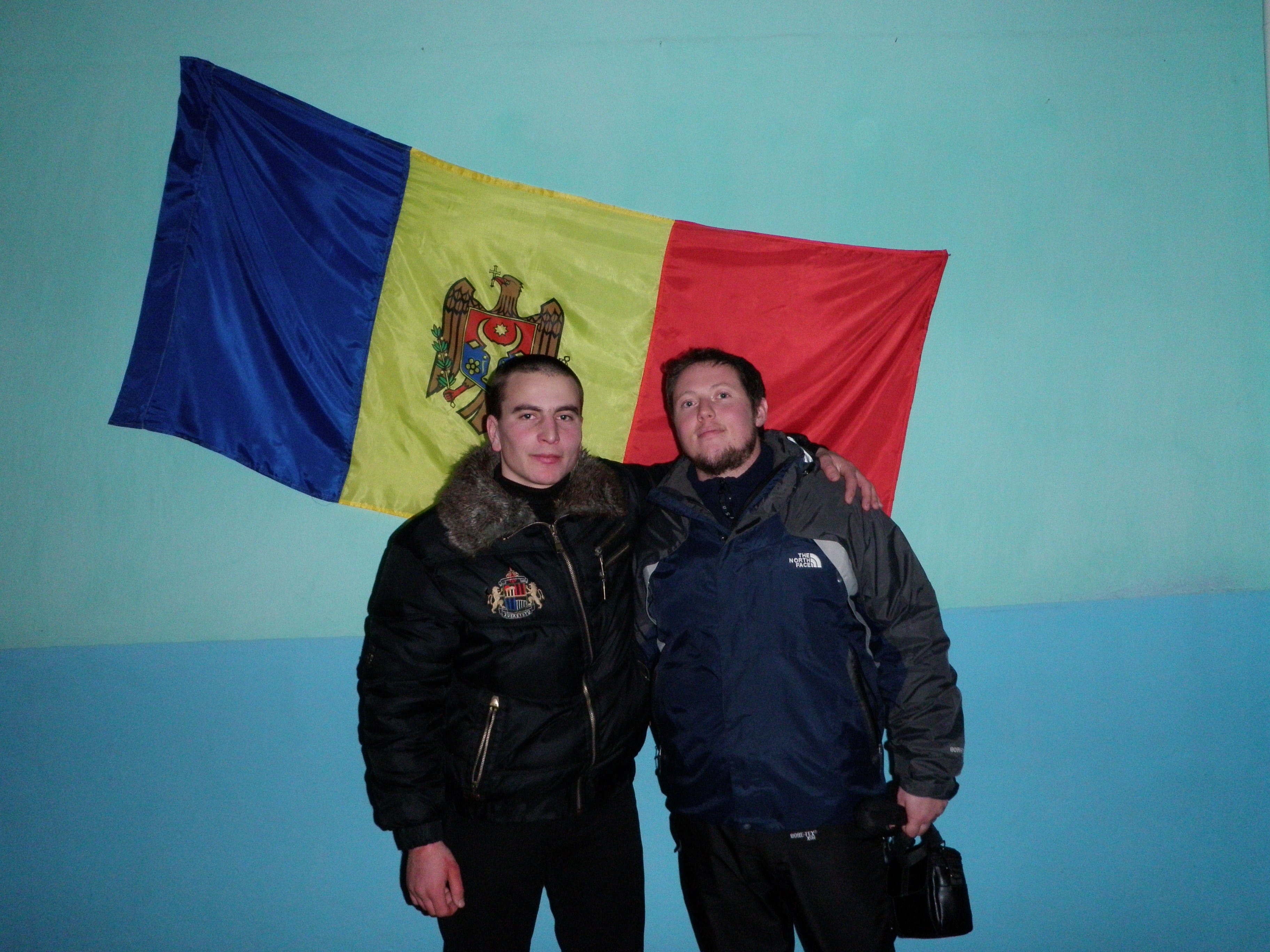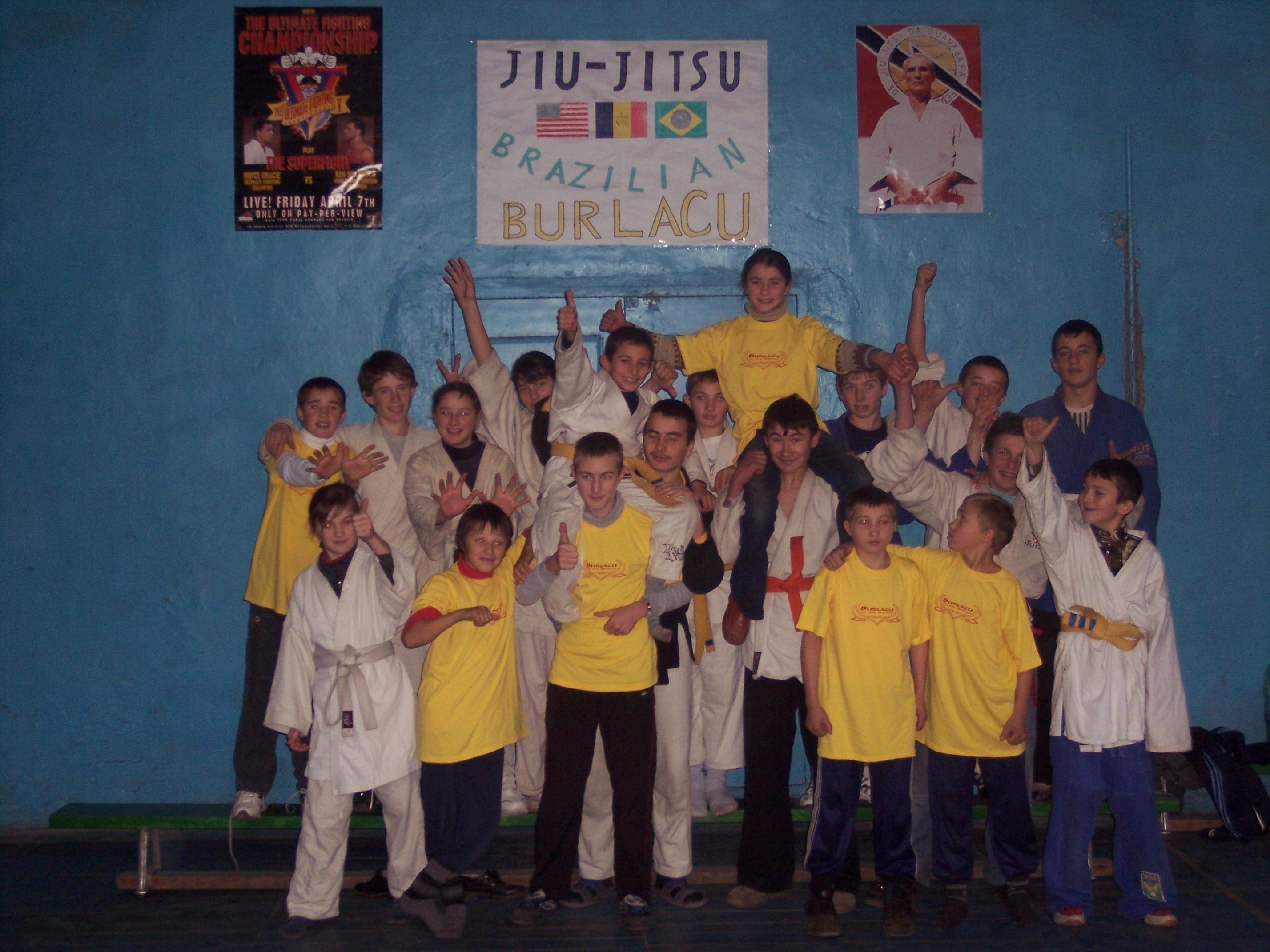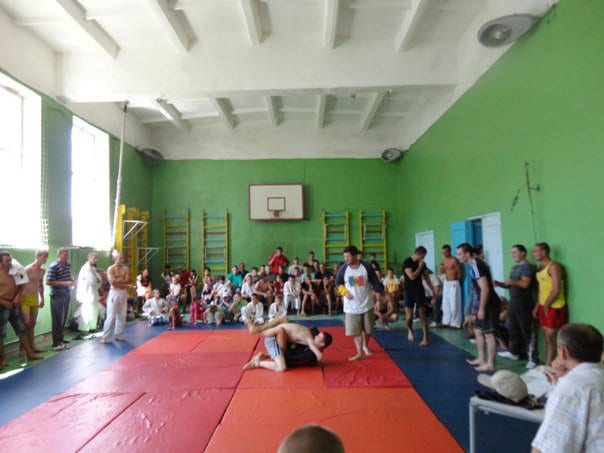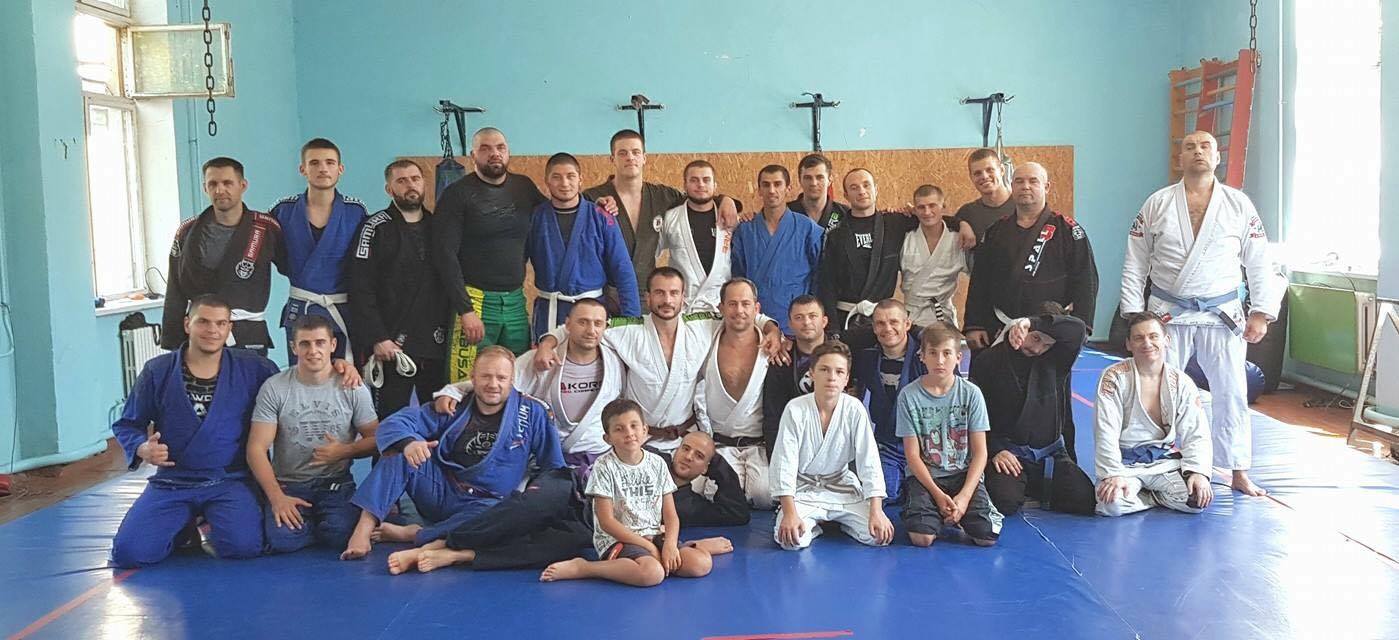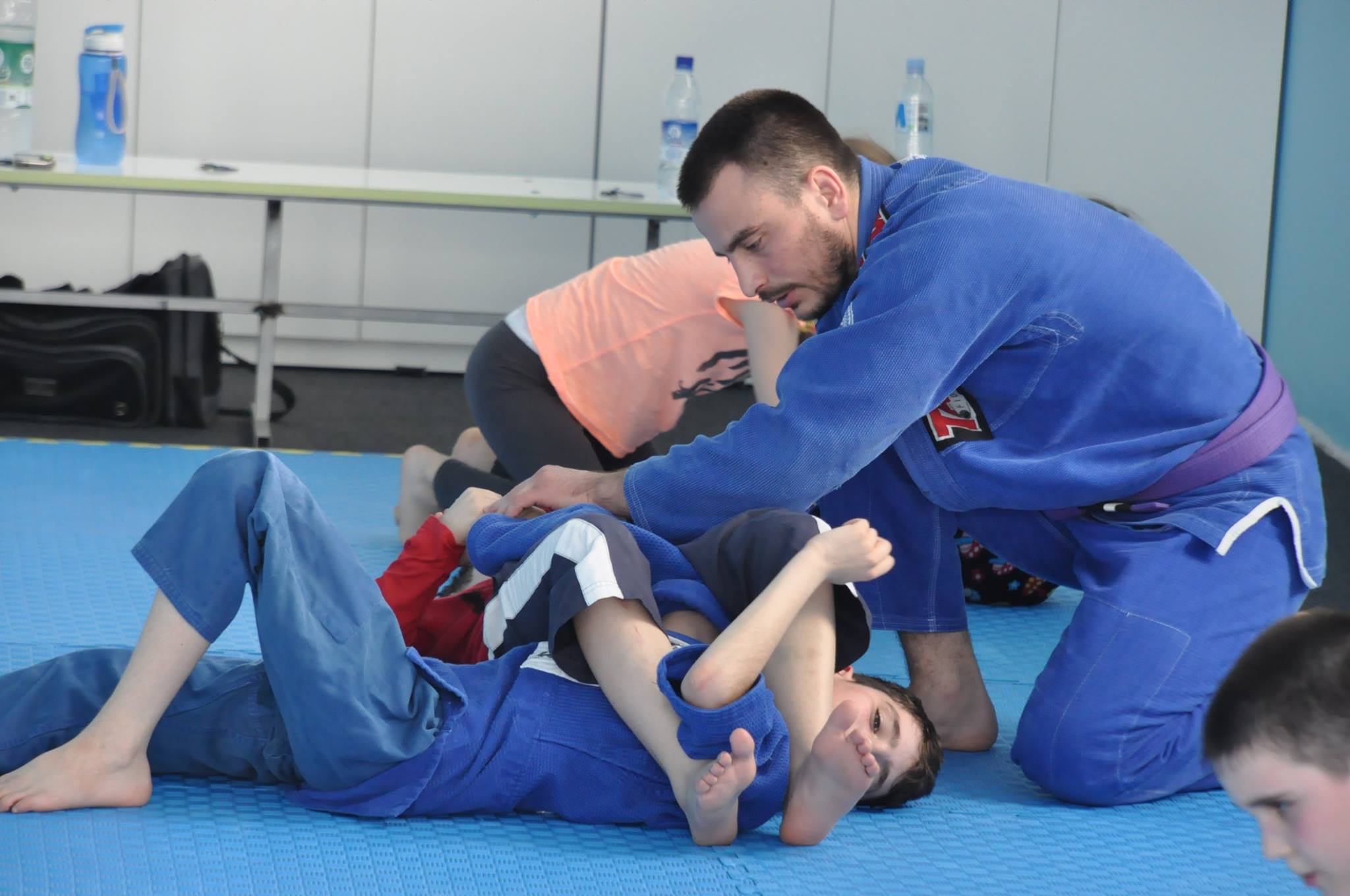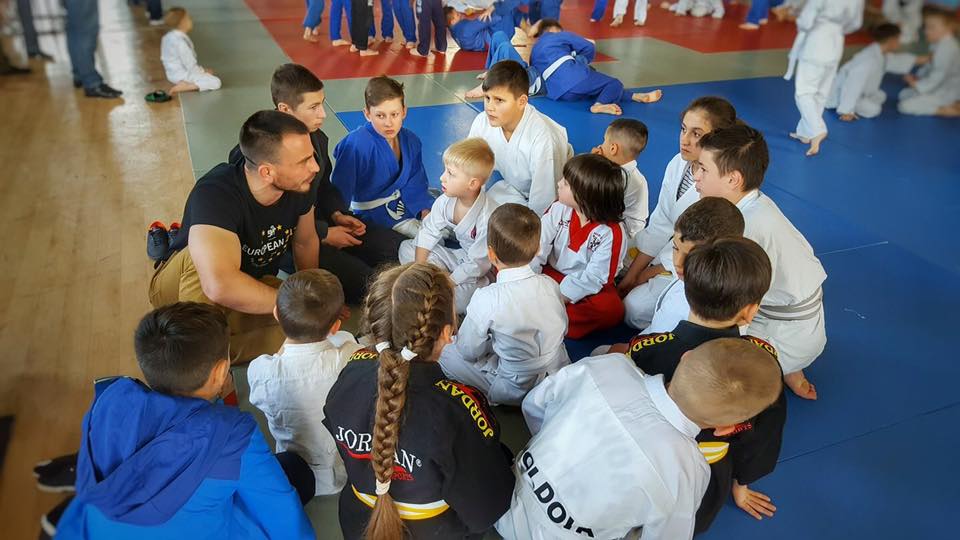BJJ and Sustainability: Sandu’s Story
I think that when people hear the word “sustainability,” it typically conjures up images of dreadlocked, stinky white folk putting in a marginal level of labor on a half-hearted “urban farm” that everyone forgets about when June hits. Or, perhaps you might be thinking of a good farm-to-table restaurant in town that serves organic food? Sustainability, bro! And while I’m certainly not knocking sustainable initiatives in any form, I think that people aren’t aware that the idea of sustainability can be applicable to a plethora of aspects in our global society.
In Moldova, EVERYBODY is a farmer. Whether you’re a mechanic, veterinarian, teacher or even a hair stylist, I can almost guarantee that you probably have your own small organic farm in your backyard. The wages in Moldova are so ridiculously low, and the land is so ridiculously rich, that this kind of lifestyle is an absolute must for everybody living outside of a large city. But what happens when everybody is trying to sell carrots to people who are currently growing way too many carrots? Enter a remittance economy.
I have never met anybody in Moldova who doesn’t have at least one person in their extended family who works abroad. Moldovans work abroad in almost any country imaginable, both legally and illegally. While the EU (especially Italy), Russia and Canada are popular places for young, working-age Moldovans to try and make a living, I would bet my left body part that there is a Moldovan on every continent in the world. That Eastern European guy doing repair work on heavy machinery? Probably Moldovan. The young woman who comes by to take care of your grandma while you’re at your office job? Solid 50% chance that she’s Moldovan.
So, how do you create a way for good, hard-working people to keep doing good, hard work in the place where they grew up? Well, jiu-jitsu of course.
Alexandru “Sandu” Birlea was born in the Soviet Union in 1990. These were increasingly uncertain times for people all around the USSR, but especially in the Moldavian Soviet. The state was no longer able to provide for the people in a multitude of different ways. Winters in Moldova were (and still are) brutally cold – you literally don’t see your toes for at least 2 months of the year. A crumbling infrastructure brought months of mud to the previously-paved streets, paths and trails in the villages. Absolutely nobody was looking out for you. Many people fled this type of lifestyle. Some were able to capitalize on the situation thanks to years of gradual, rampant corruption, yet there were those who stuck around.
Sandu’s father is the gym teacher in the village of Burlacu. He’s kind of an intense, yet well-meaning dude, but he always seemed very territorial about his work and “his” gym, so we unfortunately never collaborated during my two years (‘05-’07) in the village. Sandu, on the other hand, was very willing to participate in pretty much anything I had going on at any given time. Baseball? Sure! Basketball? He was there. Fortunately, he didn’t have to rely on my basketball coaching skills to find a path for himself in life, and he was there for practically every jiu-jitsu class I had scheduled.
I came to Burlacu as a former wrestler who had been fortunate enough to have been training with some of the best grapplers in the world: Saulo and Xande Ribeiro. Even though I was a white belt at the time, my grappling skills were far beyond anything the village had ever seen, so I was the de facto BJJ instructor. By the end of my 2-year stint as a volunteer in Burlacu, Sandu, a 16-year-old boy, was giving me a run for my money and had even submitted me a couple times. He had gone from being a hard-working student to a respectable training partner in about a year and a half.
When I eventually ended my stint as a volunteer, everybody in the village informed me that my newly-minted BJJ team would fail for sure. Moldovans are very forward, honest and predictably pessimistic people, but I couldn’t help but acknowledge that they might be right.
After spending 2 years in the US, I ventured back to Burlacu to see what was going on with the mats I had finagled for the village. Much to my surprise, the kids were still getting on the mats from time to time, and Sandu had taken up judo in the nearby town. Eventually, I introduced him to Tudor Mihaita, a BJJ coach in Bucharest, Romania. Sandu had been accepted to the military academy in Romania and continued to train BJJ in his off time with Tudor at Absoluto BJJ. At this point I officially handed the baton to Tudor, and the rest is history (more on this later).
During my 4 years in Romania I continued to make trips out to Moldova and to help put on seminars and co-organize tournaments with Sandu. He had his own vision for the tournaments and for how things needed to work out for him and his future, so I happily took the back seat during the last couple years I was there.
Thanks to years of hard work and dedication on his part, on top of making the necessary connections and networking that is part of Moldovan culture, Sandu now has 2 thriving BJJ schools in Cahul and Chisinau Moldova. Now he’s using jiu-jitsu to pay the bills and otherwise make a life for himself in his country. The likelihood of Sandu having to slave away in Moscow or work under the table in Ireland is almost non-existent. He’s using the skills imparted on him by so many people in the BJJ community to make a living for himself and to thrive in a place where others constantly want to leave. More importantly, there is a small army of Moldovan BJJ practitioners who can, in turn, use their BJJ skills to do the exact same thing that Sandu is doing.
This, my friends, is real sustainability, and I’m glad to have been a small part of it in Moldova. Real sustainability is more than just a gesture. It’s a lot of hard work on the part of so many different groups of people, but when it works out it’s a beautiful thing.
It wasn’t uncommon for me to run across second-hand American clothing being sold by old ladies at the market. Sure, they were able to make some much-needed cash from selling used clothing, but what happens when they lose their source of goods? It makes much more sense, if you actually would like to help someone out, to “teach a man to fish”, and help create sustainability. It’s much more difficult to actually accomplish this, but it can be far more rewarding for everyone involved.

